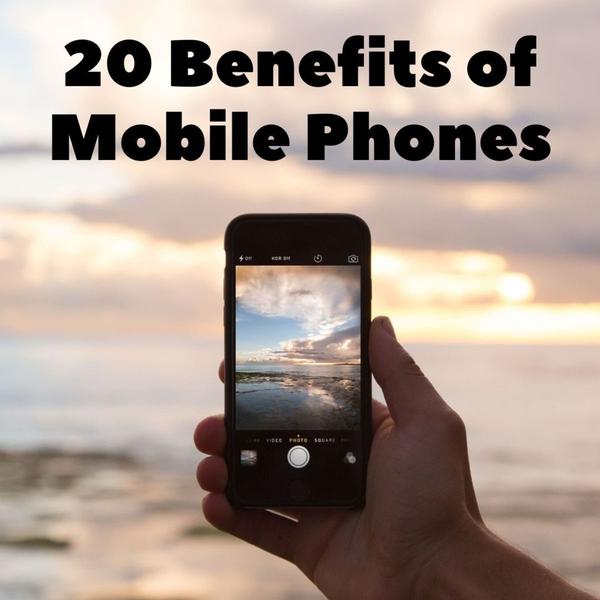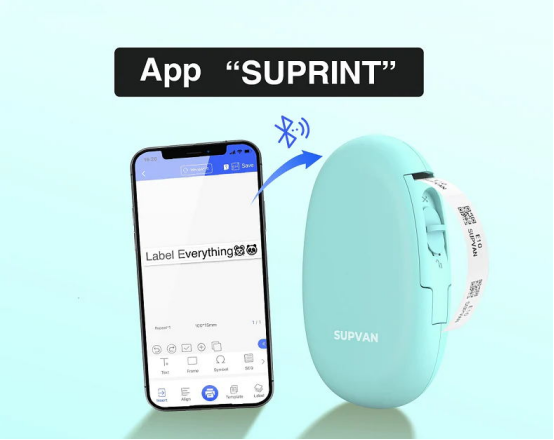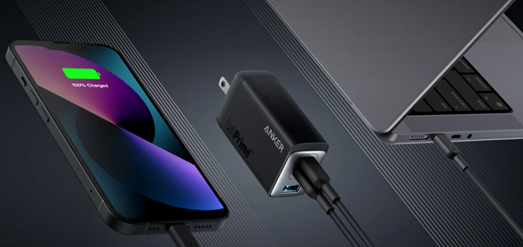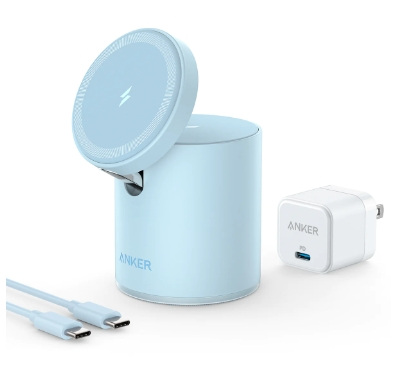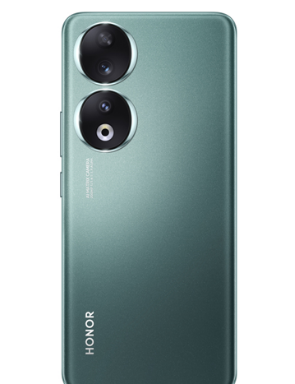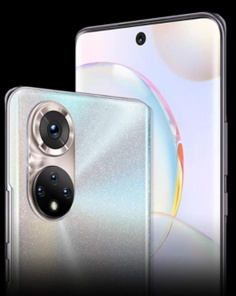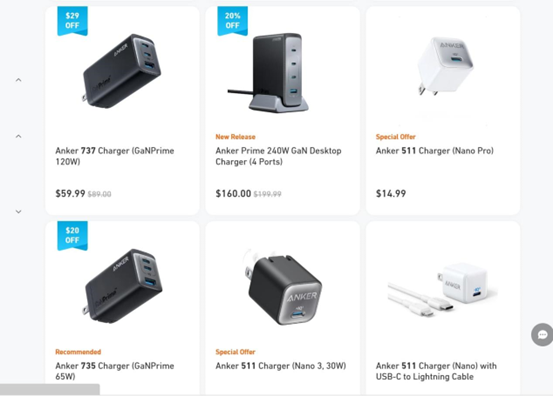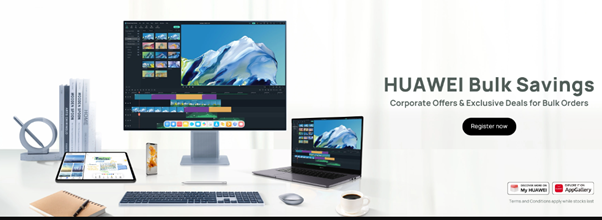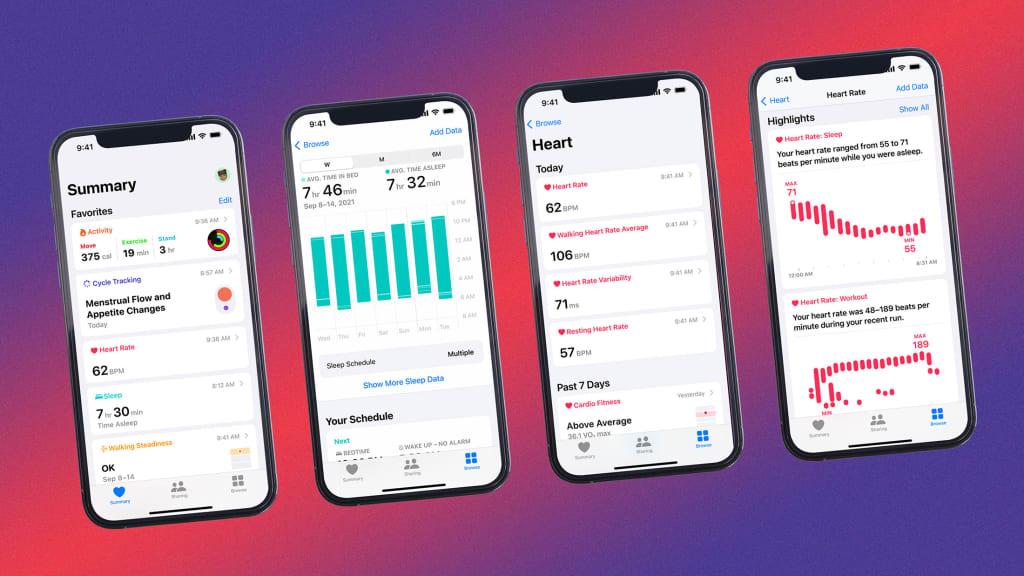
By cuterose
Apple's Most Important Product Is Also Its Most Personal
Tim Cook was quoted once as saying, "If you zoom out into the future and you look back and ask the question, 'What was Apple's greatest contribution to mankind?' it will be about health."
Really? Health? Not reimagining how we engage with technology or communicate?
I was skeptical when I heard this during a recent interview with Apple's VP of Health, Dr. Sumbul Desai, but as the interview progressed, I realized that Cook might just be right. Why? Because Apple's health tech reveals a strategy rooted in science and data-based research, collaboration, and most importantly, customer need. That results in quality products that are not just long-lasting, but iterative and personal, securing buy-in from a large audience.
Here's what that looks like in more detail, with takeaways for business leaders:
1. Apple focuses on comprehensive, proactive healthcare, not just calorie tracking.
If you have an iPhone or an Apple Watch, you know what I'm talking about. Apps like Focus, Screen Time, and Handwashing, paired with workout trackers and movement incentives, nod to the many factors that fuel our best work -- and warn us about the factors that destabilize us mentally, emotionally, and physically. Tracking it all is critical to proactive wellness, and is training us to think about our health in broader terms.
Takeaway:Don't focus on a one-problem solution, but on a holistic view of the world in which the problem exists. How can this level up your product development and innovation?
2. Apple's health tech is designed to be customized, because health is personal.
There is no one size fits all, as Dr. Desai notes in the interview. People need to track different metrics, engage with their health teams differently, and lean on different support systems. That's why you can customize many of the health features Apple offers on their devices -- from sleep reminders to exercise goals. This is particularly important in a world where we often bend to corporate direction -- whatever that may be. Apple is choosing to stand up and say, "No, let people decide for themselves what best supports their wellbeing."
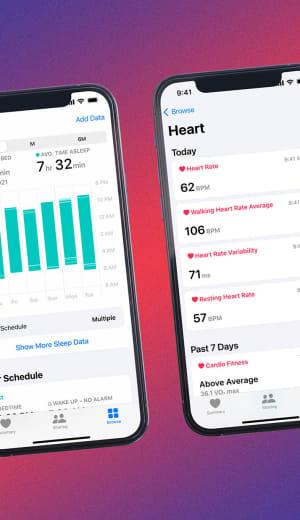
Takeaway:Give your customers the opportunity to tailor your product or service to their needs.
3. Apple's wellness-focused features aren't tacked on -- they're intentional, with results and implementation wholly owned by the company.
As Desai notes, it's easy for companies to rubber stamp functionality added by third parties -- simply to nab market share and boost profit. For Apple, the goal is much bigger: to change how we think about, manage, and improve our individual and communal health every single day. (Desai also nods to Steve Jobs here, the creator of the "own the results and implementation" ethos.)
Equally as impactful, Apple is forcing companies to think differently about the health of their own employees. Granola bars and sanitizer aren't enough to cut it. How are you tackling mental health strains, allocating time and resources for physical health, and encouraging work/life balance?
Takeaway:Don't create feature sets or services without thinking about how they'll be used and what kind of impact they will have. Track results. Test. Look at the data. Then iterate to improve results and implementation.
4. Internal collaboration on new health features fosters ownership, which inspires confidence, pride, and open-mindedness.
Not all of Apple's health benefits are readily apparent to the public. In her explanation of how Apple creates its health features, Desai revealed that part of the "magic" is team collaboration -- having "a number of people at the table, developing these features thoughtfully together. This allows healthy conversation," she says. "It allows us to push each other on our thinking so we can really get the best."
Through healthy debate among diverse teams, all of whom accept proven science and customer-focused innovation, meaningful new features are born.
Takeaway:Give your employees a seat at the table. Ask them to share their expertise and weigh in on innovation discussions. They'll invest more energy in their work when you do.
5. Collaboration extends (safely) to existing healthcare systems.
Personal tracking of one's health is important, but not everyone is qualified to interpret the data we get back. That's why Apple has spent a lot of time with regulators to figure how data can be stored safely and securely. (It's all encrypted by the way, and if you'd like to learn more, you can dig into this section of the company's privacy policy.)
Takeaway:Always be thinking about security. How do you protect and share personal data? Where does it go? Who has access? Be ready to share these details with prospects and customers.
6. Ongoing health feature development is fueled by customer feedback -- not just internal brainstorming.
Desai shares a few stories of Apple users who benefited from the company's health features. But the features started small. When feedback was positive -- life-saving, in some cases -- they started teasing out new, associated features that made sense. For example, low heart rate notifications were added after the original high heart rate notifications were seen as highly valuable to users.
Takeaway:Talk to your customers. Be open to feedback -- good and bad -- that will help you change, fix, and iterate to develop better, more impactful solutions.
To be sure, there are other callouts from Desai's interview worth noting, but the underlying message is clear: Apple isn't building its health tech casually. In the spirit of Steve Jobs -- and Tim Cook -- the company isresearching, listening, collaborating, developing, and thinking holistically about health.
Startups eyeing major growth -- and customer buy-in -- would do well to follow this successful formula.


